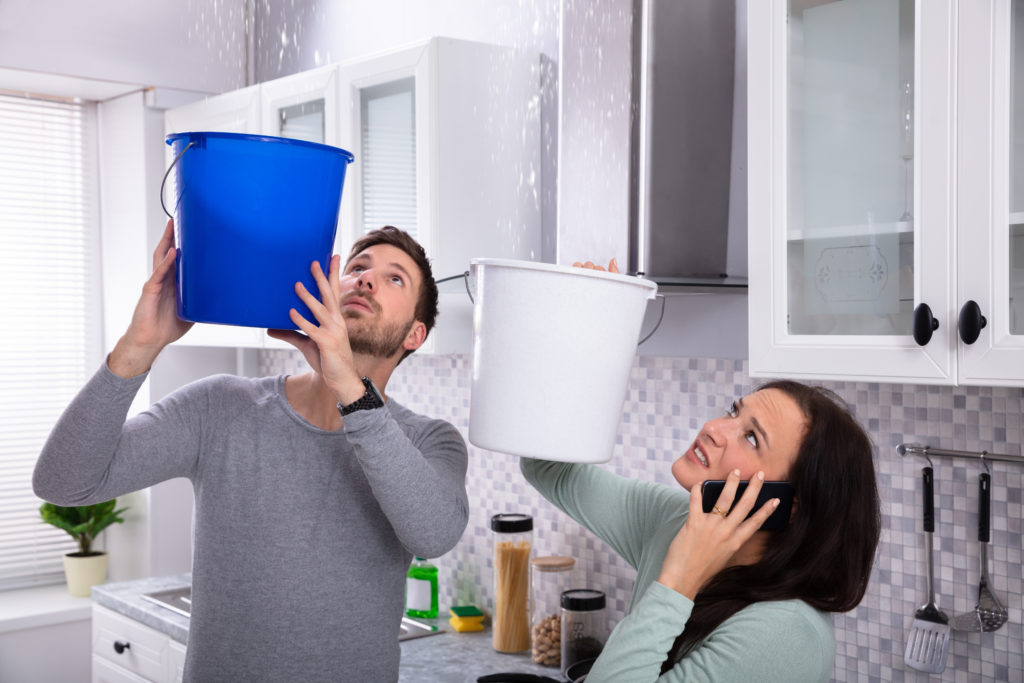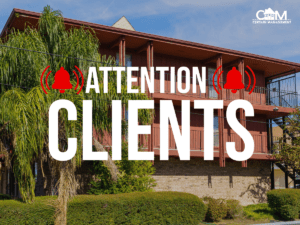We understand leaks are an unexpected and stressful situation for residents. Depending on the source and cause of the leak, the investigation and repair process can be stressful for your manager as well. Below is information about what to do in the event of a leak, as well as some tips to minimize damage and expedite repairs.

- Residents should familiarize themselves with shut-off valves within units. Knowing how to quickly turn off the water to your unit, toilet, faucets, and appliances will help minimize water damage.
- If you notice water leaking into your unit from above, knock on the door of the unit upstairs. This is the fastest way to see if the unit above is the source of the leak. If no one answers, or the source of the leak cannot be determined, immediately contact the management company.
- If something in your unit is leaking, turn off the source of the water and immediately notify the neighbor below to see if they have water damage. If they are not home, contact management.
- Appliances, faucets, shut-off valves, and plumbing fixtures within a unit are the homeowner’s responsibility to maintain and repair. Make sure you have the contact information for a plumber to call in the event of an emergency.
- Keep a large bucket at home in case of a leak…being able to catch water while waiting for maintenance or a plumber to arrive will minimize damage.
- Notify your homeowner’s insurance carrier right away, your insurance policy covers your property and belongings, even if the leak is coming from another unit.
- Repairing the damage resulting from a unit-to-unit leak is usually not the responsibility of the management company or the board of directors. There is rarely a resolution that all parties are happy with, but a review of your homeowner’s insurance policy and association’s governing documents can help clarify who is responsible for what. If both parties involved assume responsibility when appropriate (even if it seems unfair), the repair process can move along efficiently.
Repairing the damage that results from a unit-to-unit leak is usually not the responsibility of the management company or the board of directors. There is rarely a resolution that all parties are happy with, but a review of your homeowner’s insurance policy and association’s governing documents can help clarify who is responsible for what. If both parties involved assume responsibility when appropriate (even if it seems unfair), the repair process can move along efficiently.




